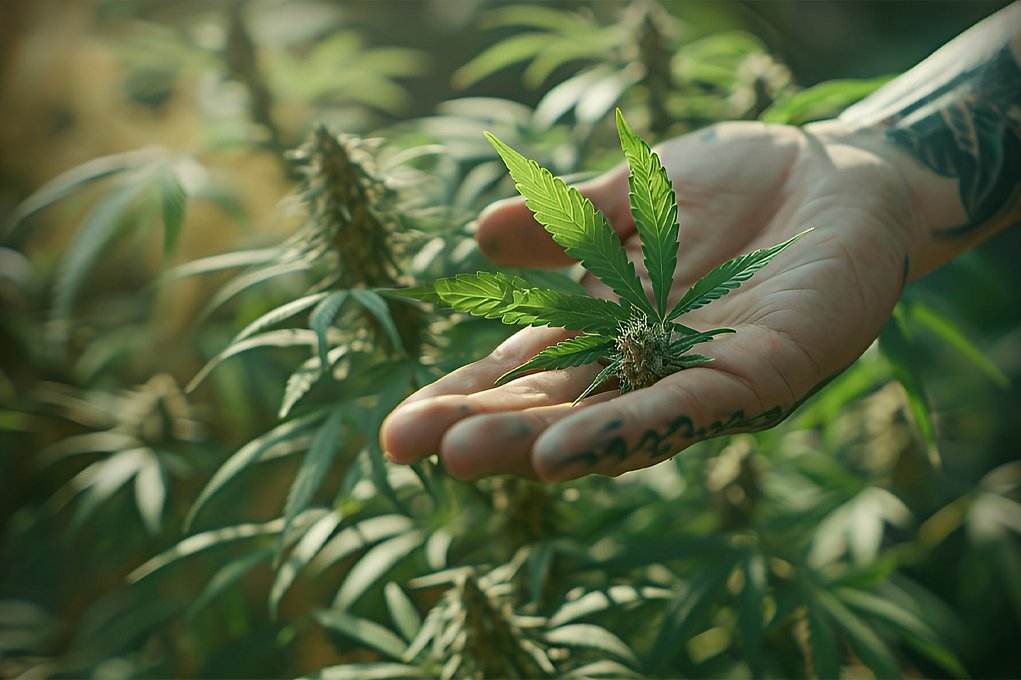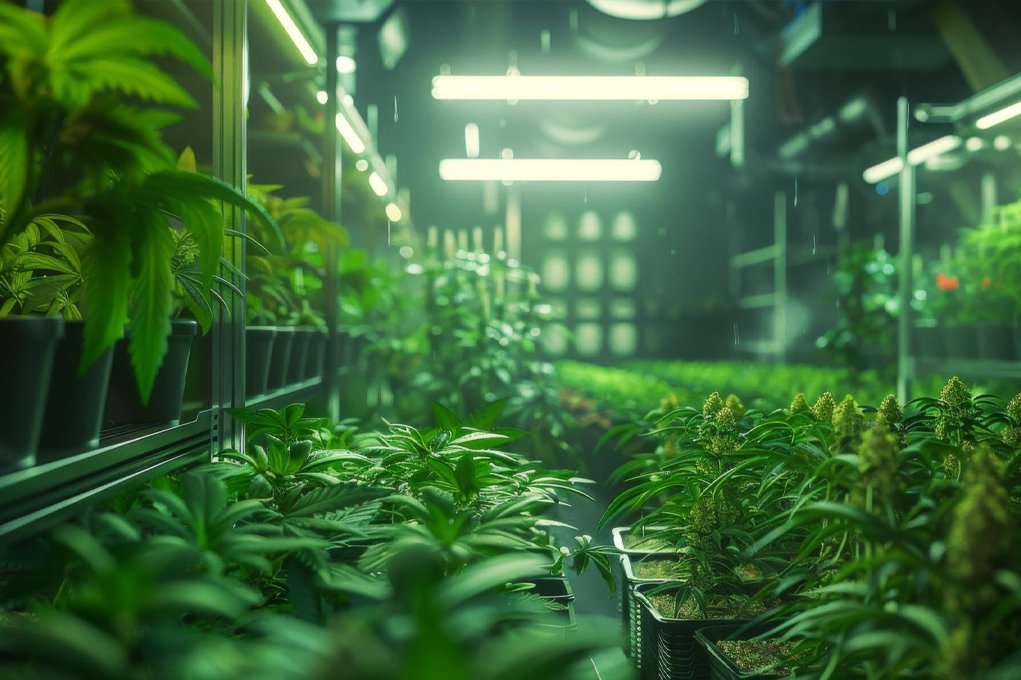
CBD and Sustainable Farming: The Role of Hemp in Eco-Friendly Agriculture
Nowadays, the majority of people support sustainable farming and eco-friendly hemp practices. One of the crops referred regarded as “game changers” is hemp. This crop is well-known for both its ability to produce CBD and its flexibility.
Furthermore, it sets the standard for environmentally responsible farming. To find out more about hemp’s contributions to a cleaner future, environmental advantages, and sustainable farming, keep reading this blog.
What is Hemp?
Hemp is a type of cannabis sativa plant and it contains CBD which is a non-psychoactive ingredient that may obtained in a variety of products such as pills, oils, and creams.
In addition to being used to manufacture CBD, hemp has attracted attention because it has the potential to revolutionize traditional farming practices. Hemp farming for soil health – Its ability to overgrow, improve soil health, and reduce carbon emissions makes it a favorite choice among environmentally conscious growers.
The Role of Hemp in Sustainable Farming Practices
Sustainable farming aims to create agricultural systems environmentally friendly, socially accountable, and economically viable. Hemp is one of the essential crops for achieving this kind of goal because it provides various benefits that encourage environmentally friendly farming practices.
Soil Health & Crop Rotation:
Hemp is useful for crop rotation, which is an important part of sustainable farming. Hemp can be grown alongside other crops by farmers to improve soil health and lessen pest infestations. Farmers may use less or no harmful pesticides because the plant is naturally insect-resistant, which is good for the environment.
Reduce Chemical Inputs:
Many traditional crops require a large amount of chemical fertilizers, herbicides, and insecticides to survive. However, hemp is a resilient plant that requires fewer chemicals to cultivate. This enhances the quality of the environment by reducing the amount of hazardous substances that enter the soil and water systems.
Encourage Biodiversity:
Hemp fields support biodiversity on farms by serving as habitat for wildlife and beneficial insects. The plant’s natural resistance to pests and diseases lessens the need for chemical treatments, allowing neighboring ecosystems to thrive. This biodiversity is critical to sustaining a balanced and sustainable agricultural landscape.
The Environmental Benefits of Hemp Farming
One of the most convincing arguments for considering hemp as a sustainable crop is its numerous environmental advantages.
Soil Improvement and Remediation:
Hemp is classed as a “bioaccumulator,” which means it may absorb toxins and pollutants from the soil. This property makes hemp a viable option for soil remediation since it can help clean up damaged soils by extracting heavy metals and contaminants.
Planting hemp in areas with poor soil quality can aid in restoring the ground and preparing it for future agricultural purposes. Moreover, hemp’s deep root system helps to prevent soil erosion by holding the soil together and improving its structure.
Hemp and Carbon Sequestration:
One of hemp’s most valuable properties is its ability to absorb and store CO2 from the atmosphere. As the plant grows, it absorbs CO2, helping to prevent climate change by lowering greenhouse gas emissions.
Low Water Consumption:
Water scarcity is a big issue in agriculture, as many crops require a lot of water to grow. But Hemp is a drought-tolerant plant that requires far less water than other income crops such as cotton. Because hemp requires less water, it is a more sustainable option for farmers, particularly in areas with limited water supplies.

The Future of Hemp in CBD and Eco-Friendly Farming
Hemp is a versatile, sustainable crop with several environmental benefits. As the world shifts to more ecologically friendly farming practices, hemp could play a significant role in defining agriculture’s future. Hemp for sustainable agriculture is becoming increasingly significant due to its ability to improve soil health, reduce carbon emissions, and boost biodiversity.
Farmers who use hemp in their operations can increase harvests while improving the environment. As we continue to seek solutions to the global environmental crisis, hemp emerges as a valuable ally in the battle for a more sustainable and environmentally conscious future.
Hemp has shown to be a game changer in terms of sustainable agriculture. Aside from producing CBD, it also improves soil health, conserves water, and absorbs CO2 from the environment. If we began growing hemp, we could contribute significantly to a more sustainable and environmentally friendly agricultural future.
Boost your eco-friendly choices with CBD products sourced from sustainable hemp farming. Hemp is more than just a CBD producer; it’s also a game-changer in sustainable agriculture. With its ability to enrich soil, reduce carbon emissions, and minimize chemical inputs, hemp sets the standard for environmentally conscious farming. Ready to support a greener future? Click here to explore CBD products that align with these sustainable practices: Explore CBD Products. Discover how your choice can make a difference!
- No Comments
- October 16, 2024
